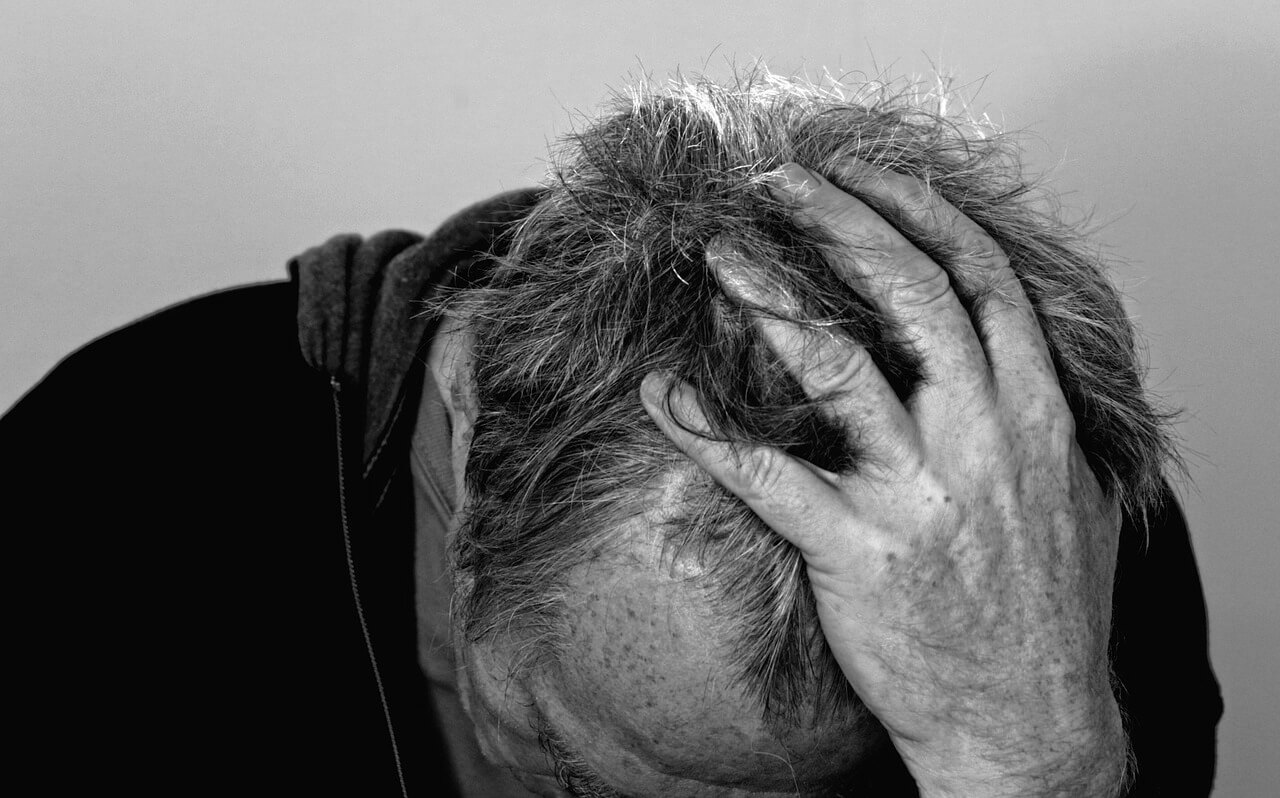Can a healthy relationship actually save your life? Is the romantic realm mysteriously connected to the physical?
Research might surprise you. Apparently a good ticker has a lot to do with healthy relationships. Isn’t this another great reason to make sure your relationships not only survive, but thrive! – Researchers at Case Western Reserve University in Cleveland asked a simple question of 10,000 married men with no prior history of chest pains (angina):
“Does your wife show you her love?”
Those men who responded “yes” were found to experience significantly less angina in the next five years than husbands responding no – despite such negative indicators as elevated cholesterol, high blood pressure, diabetes or electrocardiogram abnormalities.
(Ladies is this incentive or what?)
– Yale scientists surveyed 119 men and 40 women before they submitted to angiography tests. Those who reported feeling most loved and supported were the same subjects found to have markedly less blockage in the arteries.
The factor of feeling loved and supported – or unloved and unsupported – was independent of any effects of diet, smoking, exercise, family history or other risk predictor.
(Wow! Another reason to choose love!)
– In 1952, Harvard doctors selected 126 healthy male students at random. The students were asked to describe the nature of their relationships with their parents. In 1987, medical records were obtained for the subjects, who were in their 50s. More than 90 percent of the men who didn’t perceive warm relationships with their mothers had been diagnosed with serious illnesses such as coronary artery disease, hypertension, ulcers and alcoholism, compared with 45 percent of men who cited loving relationships with their mothers. For fathers, the respective numbers were 82 and 50 percent.
(Makes me want to call my mom and dad…and it sure motivates me to be the best mom I can be!)
“Americans need to hear this message,” said Dr. Redford Williams, director of behavioral medicine at Duke University in Durham, N.C. “We don’t have actual data bases, but my opinion is at least as many people die from social isolation as smoking and maybe twice as much as deaths caused by bad dietary choices.”


